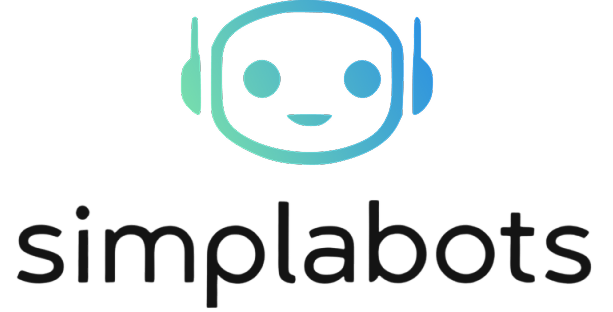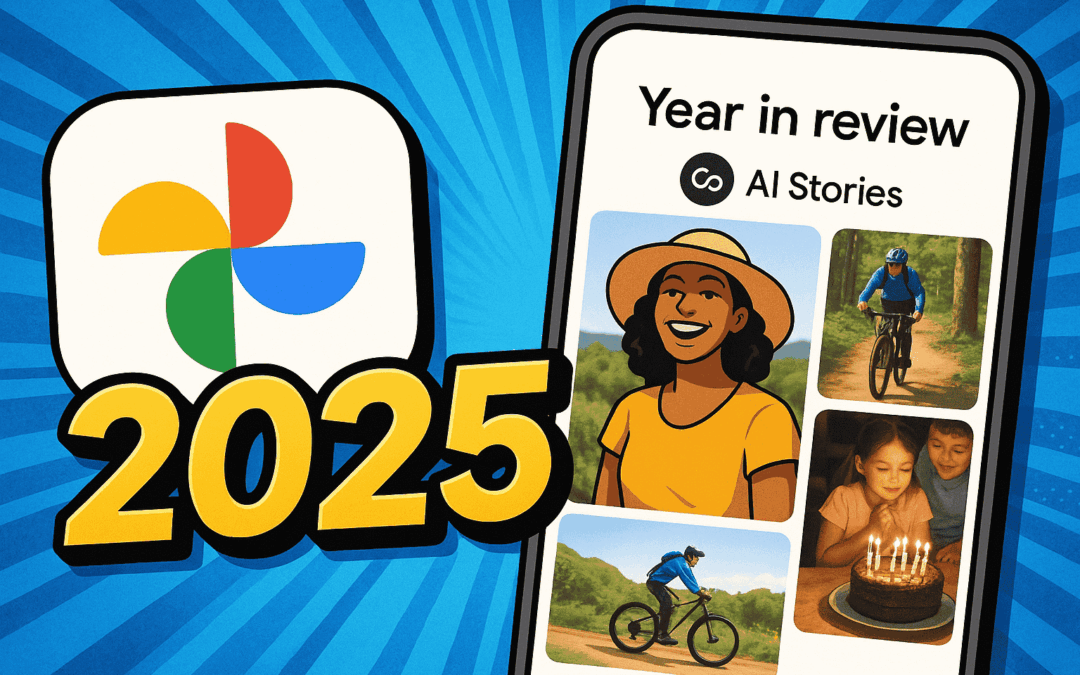AI continues to disrupt the travel industry, with major platforms leveraging large language models (LLMs) to enhance user experience and streamline trip planning.
Kayak has now unveiled an AI-powered travel assistant, pushing the boundaries of generative AI integration in consumer-facing search, Q&A, and booking workflows.
Key Takeaways
- Kayak launches an AI mode offering conversational search, travel advice, and bookings via generative AI.
- The AI assistant enables more natural, flexible queries and personalized recommendations.
- This rollout intensifies competition among travel platforms adopting LLM-driven interfaces.
- Developers and startups gain new opportunities to build on Kayak’s API and AI innovations.
- Privacy, hallucination control, and integration strategies remain critical for real-world adoption.
Kayak’s New AI Mode: Redefining Search and Booking
Kayak’s latest update introduces an interactive AI assistant, enabling users to converse with the search platform in natural language, browse options, ask follow-up questions, and make bookings—all within the same AI interface.
This move comes on the heels of similar developments by Expedia and Booking.com, confirming a sector-wide embrace of generative AI for travel planning (PhocusWire).
“Users no longer need precise filters or booleans—Kayak’s AI mode understands queries like ‘Where can I fly nonstop within 4 hours from Chicago under $300 next month?’”
How It Works
The Kayak AI assistant uses a proprietary LLM-based engine, similar in underlying architecture to OpenAI’s GPT models. It dynamically provides flight, hotel, and rental car options in real time, drawing from Kayak’s vast partner network.
The system handles contextual clarifications, price comparisons, and spotlights hidden deals—drastically reducing the time between search and booking (Skift).
Industry Implications: For Developers and Startups
This launch unlocks significant opportunities for AI developers and travel tech startups:
- API Integrations: Kayak’s AI layer can power third-party apps seeking travel search or booking automation.
- Prompt Engineering: Teams must tune prompts for travel-specific edge cases, ensuring direct, factual responses.
- Data Privacy: Handling queries with personal preferences or booking details requires robust privacy design and hallucination safeguards.
- Full-Stack Opportunities: Real-time LLM deployment in consumer travel expands the market for front-end, API, and ML ops career paths.
“LLMs are rapidly becoming a standard backend for travel recommendations, reshaping user expectations and opening up new monetization models for B2B solutions.”
Competitive Landscape
With Google Flights, Expedia, and Booking.com all launching their own AI-driven search and chat features this year, Kayak’s move further heats up the race to deliver the most seamless and context-aware travel planning experience.
Notably, the integration of multimodal input (voice, text, image) and continuous user state awareness distinguishes the leaders in this space (Forbes).
Challenges & Next Steps for AI Pros
- Ensuring LLM-generated suggestions always comply with up-to-date inventory and pricing
- Managing AI hallucinations, especially for special offers and location-based tips
- Addressing user data privacy while enabling high-context, personalized recommendations
The maturity of AI-powered travel search signals a larger trend: generative AI is now mission-critical infrastructure for digital travel. Early adopters can capture a significant lead, provided they deliver real accuracy and trusted user experiences.
“For those building the next wave of AI tools, real-time integration with booking and inventory systems is the new baseline.”
Source: TechCrunch











